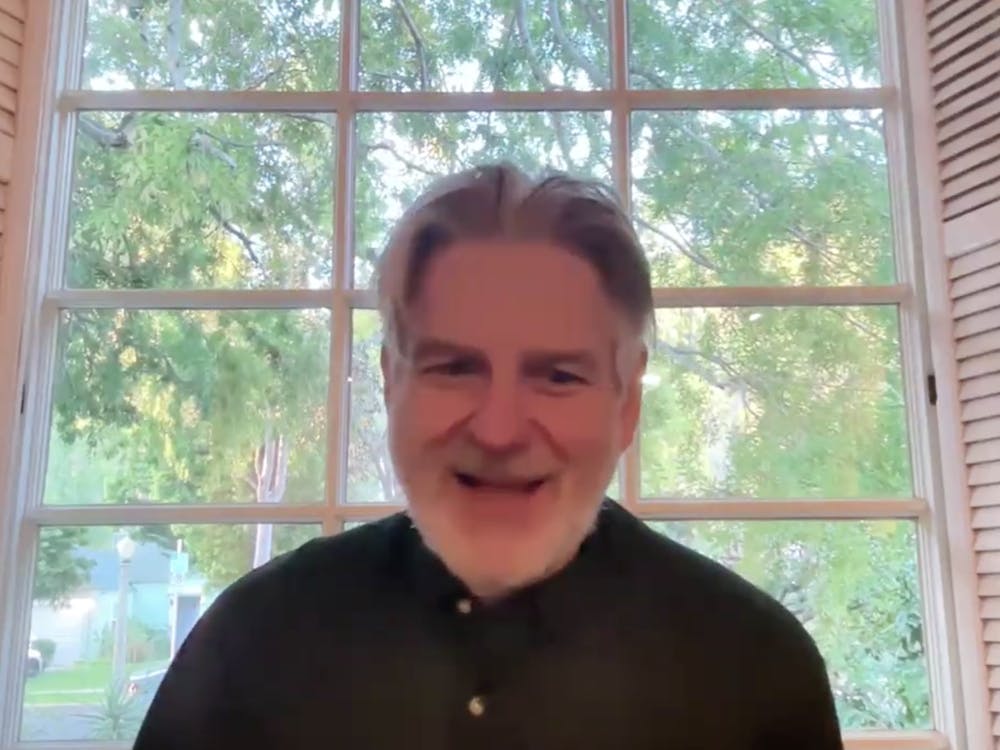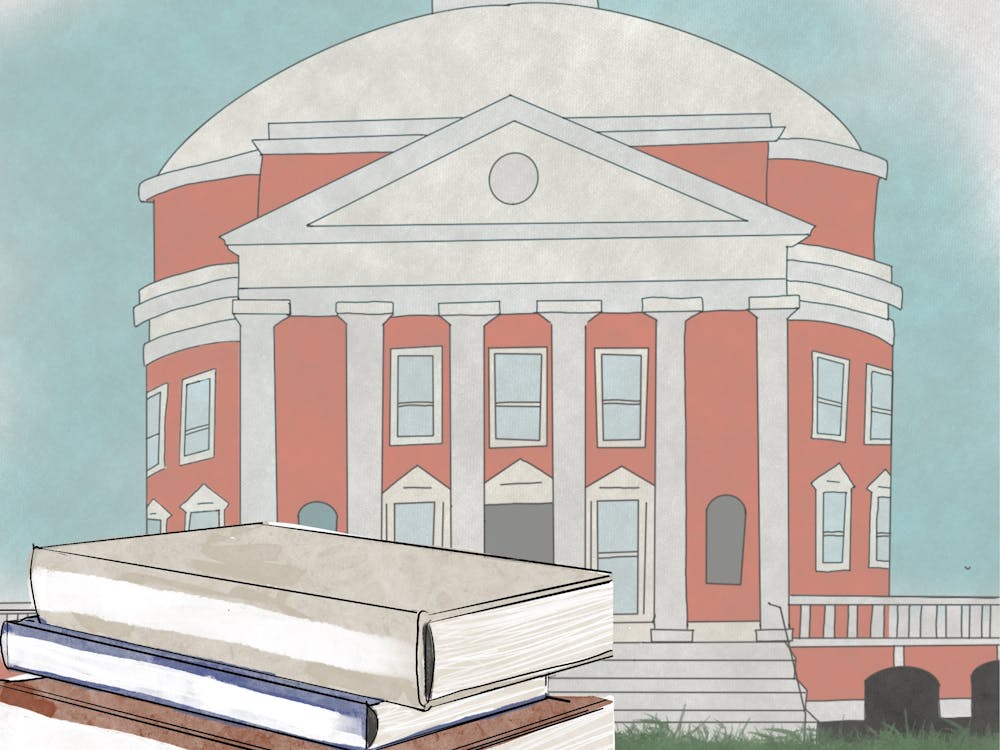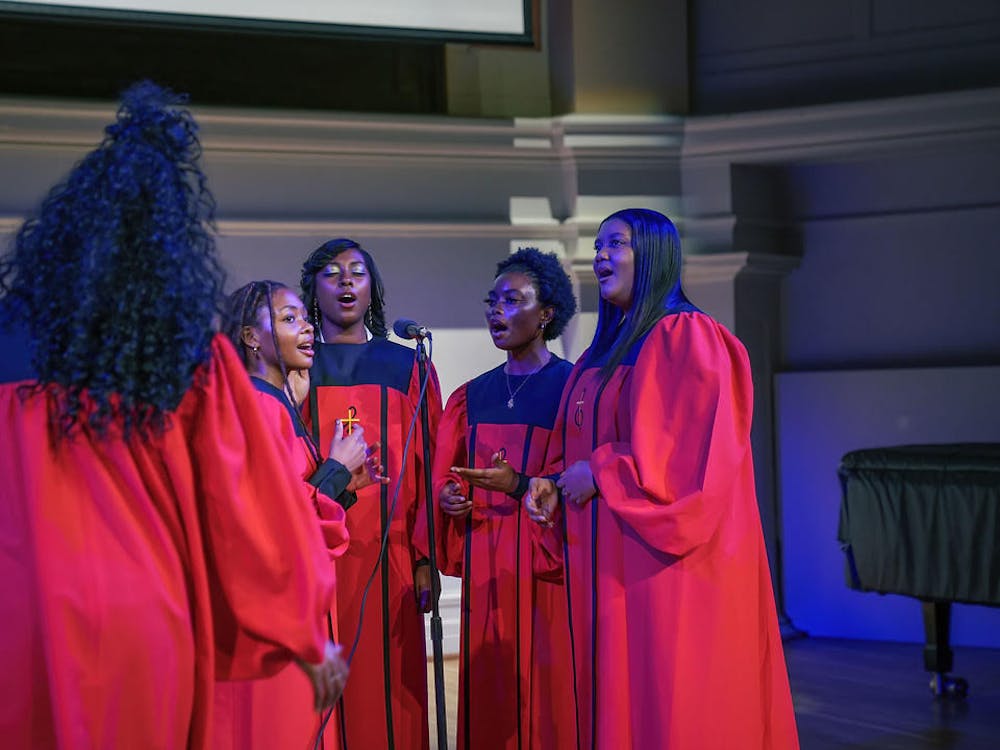Enter YG, a Compton-bred emcee with a legitimate grassroots following and big-league ambitions, who has just released the most exciting and fully-realized rap album of 2014. YG is an enigma of today’s rap landscape. He has taken a path to success that has been almost completely obliterated by the Internet: build a hometown following, convince local clubs to play your singles, tour and release mixtapes relentlessly and, after several years of labor, attract the attention of a major label. His approach may have been out of style, but, in an act of good faith, Def Jam signed YG and let him compose an album on his own terms.
Thank DJ Mustard, frequent YG collaborator and the principal producer of “My Krazy Life,” who currently has five songs in the Billboard Hot 100. Mustard’s sound — usually featuring a mid-range BPM with a looped synth or piano melody and icy handclap percussion — is the club-banger blueprint du jour in rap, and in pop as a whole.
So here we have the rare moment when a fledging young rapper meets a visionary producer creeping toward ubiquity, and the duo attempts an album-long realization of their sound. Other instances of such a collision include Snoop Dogg (then known as Snoop Doggy Dogg) expanding Dr. Dre’s G-funk with his 1993 debut “Doggystyle,” and, more recently, Waka Flocka Flame animating Lex Luger’s stormy fight music with 2010’s “Flockaveli.” Impressively, YG and DJ Mustard have pulled it off, increasing the scope of a sound originally perceived as strip-club exclusive and crafting a cohesive, captivating album.
Prior to “My Krazy Life,” YG appeared solely interested in making hooky, no-frills party rap. There’s plenty of that here, but it’s punctuated by moments of gravity. The crackling anthem “BPT”, for example, includes YG yelping “It was hard in the hood / I was rapping, my homies selling hard in the hood!” Sure, his phrasing is stark, but the voice oozes anguish. This is one of YG’s best tricks. His stories, chronicling everything from girlfriends that abandoned him while he was in prison to good kids coerced by hardship into robbery, aren’t much different from Freddie Gibbs’, but he refracts them through slurry growls and voice-cracking cries.
He’s ambitious too. “My Krazy Life” stays true to its title, chronicling a prolonged first-person episode that begins with a fit of partying and ends with YG’s release from jail. It’s as immersive and sprawling as Kendrick Lamar’s “good kid m.A.A.d. city” — the album that made rigorous narrative cool again — but it demands less labor to decrypt.
Kendrick even shows up for a verse on “Really Be (Smokin N Drinkin).” The song runs with the theme of vice as temporary mitigator of paranoia, which is perfect for two artists who thrive when they get anxious. Nearly every song has a unifying concept. “Meet the Flockers” offers a multi-step tutorial on armed robbery, complete with anecdotal advice on what to do when your conscience kicks in (“That’s your mind playing tricks on you … go and get that jewelry box”). “1AM” vividly documents a donut-stand robbery that leaves YG ditched by a double-crossing friend and ultimately handcuffed. The disloyalties that put YG in prison leave an open wound, which gets a considerable salting from a girlfriend who runs off once he becomes an inmate. That incident creates an ugly spitefulness in the way YG talks about women, which is enough to spoil “When I Was Gone,” one of the album’s only true missteps.
YG’s inevitable discussion of arrest gives way to “Sorry Momma,” which makes explicit the guilt which hangs over the whole album. YG’s mother is the personification of his conscience, and she haunts his crimes and his vice. On the track, he initially defends himself (“I’m getting money, momma, you ain’t giving me none”), but quickly turns the blame inward, unable to justify his own disloyalties while looking his own mom in the eye. It’s the album’s one moment of saudade: all YG’s callousness dissolved into cracked-up contrition and wide-eyed empathy for his mother, who’s “like Superwoman in my eyes.”
It’s worth mentioning the many nods to Dr. Dre and Tupac. “1AM” uses the Vamp synthesizers made famous by “California Love” and includes a line lifted from Dre’s “The Next Episode.” There a few other references to Dre’s “The Chronic” and “2001,” but they play like little winks to LA’s rap lineage, as opposed to the sort of studied historical pilfering that Gibbs indulges in.
All of these thorough and tense songs bleed into each other fluently. YG is an economic rapper; he doesn’t show off or rhyme for the sake of riddling. Even as his straightforwardness in style masks the breadth of his content, repeated listens reveal the rapper as the architect behind the album’s most enduring pleasures.
DJ Mustard, for his part, provides the immediate pleasures. His beats have an innate propulsion that makes almost everything he produces catchy, and he uses the canvas of a full album to stretch this propulsion into new places, be it his signature bare-bones party rap on “BPT,” “Who Do You Love?” and “I Just Wanna Party,” the menacing funk bounce of “1AM” and “Meet the Flockers,” or the smoky soul of “Sorry Momma.”
Together, these two have come up with a new idea for gangster rap: easily legible, instantly compelling party songs for clubs and car speakers that slowly morph into comprehensive, moving set-pieces about locating redemption in the maelstrom of loyalties and necessities.
So gangster rap is alive. Every time it looks ready to bow out, a noble few rearrange its parts and bring into relief the human beings beneath the clutter. This music, born out of battles that most of us will never have to fight, exists for our enjoyment, but also to make us understand that we will never fully understand. But hip hop is more than exposing hypocrisy and igniting guilt. It’s a point of departure for post-racial empathy and a youth movement determined to rattle a complacent American worldview. In a digitized nation where tumult is becoming as fleeting and immaterial as a trending Twitter topic, artists like YG are blessing the disenfranchised black youth with an enduring voice.




